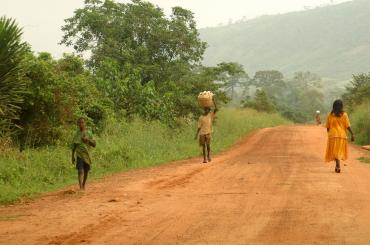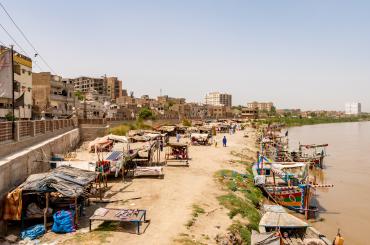
social protection
-

Decentralised governance in developing countries
What do we know about the impacts of decentralised governance in developing countries?
-

Unpacking multi-faceted anti-poverty programmes
Can you build sustainable income for the very poor with individual parts of multi-faceted programmes?
-

The dynamic effects of cash transfers: Evidence from Liberia and Malawi
Cash transfers improve food security for up to two years, but without an increase in food expenditures and non-agricultural income
-

How relative poverty influences responses to social protection programmes: Evidence from Pakistan
Feelings of relative poverty engender political support among cash transfer recipients, while such feelings erode political support among non-beneficiaries
-

How old-age pensions impact fertility choices: Evidence from Namibia
The extension of social pensions in Namibia in the 1990s led to a rapid, substantial decline in fertility
-

Building resilience through social protection: Evidence from Malawi
Resilience measures can predict choice of coping strategies, helping targeted cash transfers improve how vulnerable households respond to shocks
-

Designing financial services and social protection programmes to enhance women’s economic empowerment
Financial inclusion programmes must be designed to ensure that women can act with financial independence
-

The impact of Mexico’s Progresa programme twenty years on
The ground-breaking conditional cash transfer programme shows long-term benefits to education, income, geographic mobility and family formation
-

God insures those who pay: Formal insurance and religious offerings in Ghana
An experiment reveals that church members enrolled in formal insurance give less money to their church and to other charitable organisations